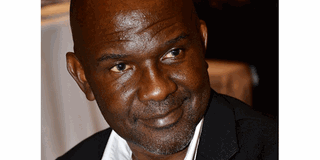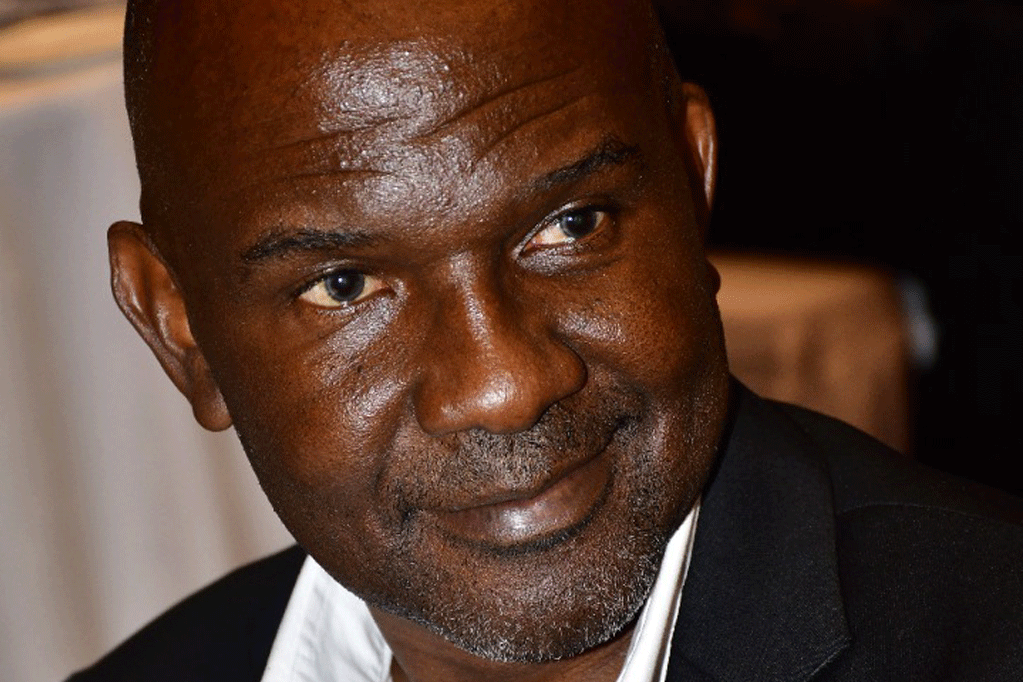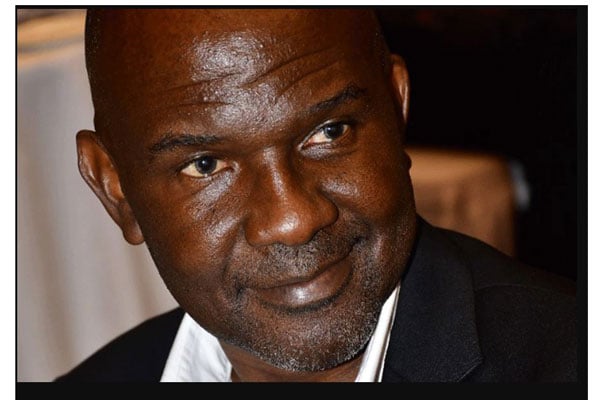Prime
Museveni is now drinking the water that washed his feet

Author: Nicholas Sengoba. PHOTO/NMG
What you need to know:
Some will view him with contempt while others will take shelter and push the envelope to extend the shores of impunity and abuse of power.
In many African settings there are sayings of the wise which warn of the risk or folly or washing one’s feet in the community’s water source.
It is usually those upstream that take a chance thinking that it’s only the ones downstream who will suffer the consequences. It dawns on them when they get to know that the unpleasant taste of the food and beer served on a visit to a village upstream, is the contaminated water of the river.
Those who try to explain President Museveni’s 37 years, and counting uninterrupted, long stay in power usually parade an interesting argument. It is observed that wherever you look, there has been a systematic, often subtle destruction of formal State structures. Informal networks and arrangements that put the head of State at the center of everything have replaced them. These ones are usually populated with handpicked trusted cadres. They also included members of the President’s extended family, their relatives and friends.
That is why almost everything of consequence in the country starts and ends not only at the State House but with the President right in the middle of the picture. In the recent past, politicians from West Nile, having been blocked from setting up ‘The Idi Amin Institute’, called a press conference and said they intended to petition the President about the institute and also ‘tell him the problems the reason faced’.
The one from the Lango Sub-region followed suit. They want to meet the President to convince him about building the John Aki Bua Stadium and also ‘tell him about the problems of the area’. It happens with land disputes. Elections of traditional leaders. Bail-outs of failed businesses. Payment of medical bills and all manner of fundraisings. In some cases others would want their family disputes taken to him. The case of the Kagodo family in Mukono is very recent. All these happen in an environment where there are elected people’s representatives at all levels. There are courts of law. The police and other agencies which by law are empowered and funded to act on them.
It has now become a habit of most formal institutions to wait and see what the President says then they safely follow. The alternative is to act and risk suffering the ignominy of being publicly ridiculed or over ruled by the chief himself. The office of the IGG that investigates and prosecutes government officers for corruption and abuse of office is a case in point.
Because informal structures and systems are blurred in nature, a lot of wrongdoing has gone on to become ingrained in governance in this country.
Since a person may be arrested without the knowledge of the police, even imposters and criminals now pick people in drones and no one will know what to do next. A policeman may fear to step on the toes of big people so he simply folds his hands and looks on like an ordinary soul. Just like some are very apprehensive to carry out court orders because they may encounter people who are ‘connected’ and untouchable. We end up with a stalemate, with everyone trying to figure out if their action is in line with the wishes and whims of the powers that be.
This has brought us into a territory of discomfort, one that is full of impunity and hopelessness. It has created a web of untouchables who fear no one and nothing is out of their reach.
Recently there has been the problem of Balaalo or nomadic herdsmen from South Western Uganda who have allegedly forcefully settled in Northern Uganda. It is reported that they grab land and their cattle graze on people’s crops if they so please. That they are either armed or escorted by armed men, some in military uniform.A District Police Commander or an RDC would ordinarily take care of them. Or the people aggrieved would go to court and get orders to evict the invading cattle keepers. They are all silent. Even the whole Chief Justice, the head of the second arm of government and a child of the area, has complained and lamented that he reported the figures behind the herdsmen to the President! No surprise for guessing. They are supposedly the President’s Military Generals (he is their Commander in Chief) and some powerful politicians.
The President ordered them to leave, not once but twice by issuing Presidential Orders. Just last week Museveni complained that in the past, he had ordered the intelligence body, Internal Security Organisation (ISO) and the Chieftaincy of Military Intelligence (CMI) to leave the ‘lucrative’ Entebbe Airport and operate elsewhere, but they had not heeded. That airport has reported several cases of extortion and ‘assisted’ drug trafficking.
There are very many other cases, especially in the extractives sector, where powerful government officials and military men have taken over mines and other private natural resources despite the existence of court orders and Presidential directives. Like we noted above, the web includes all manner of people who were ostensibly put in place to diffuse all other power centres and in the end leave the president in the centre as the alpha and omega. Now the President has a huge dilemma. Many of his right hand men and women are in the spotlight whenever things go wrong. The former IGG once said a lot of corruption ends up in the State House. How do you touch them without seemingly implicating yourself as the one who skipped all processes to have them in those offices?
Because they came in through the proverbial ‘back door’ as is the wont, they probably came with a relative friend and an in-law. The familial arrangement is supposed to supervise, check and balance itself which is similar to being a judge in one’s own case. If you go against them there is a serious risk of bringing down whole families and indeed clans. These are the very people who were in the middle of the scheme to run the powerful counter structure created to make a governance model that favors the status quo.
Take this example. How does the President discipline his own son, a serving military officer, for making political statements against the military code of conduct without risking the wrath of his own family? Whether there is posturing involved is another matter. Politics involves perceptions. If the President cannot be obeyed on the double, people look at him differently. Some will view him with contempt while others will take shelter and push the envelope to extend the shores of impunity and abuse of power.
Twitter: @nsengoba




